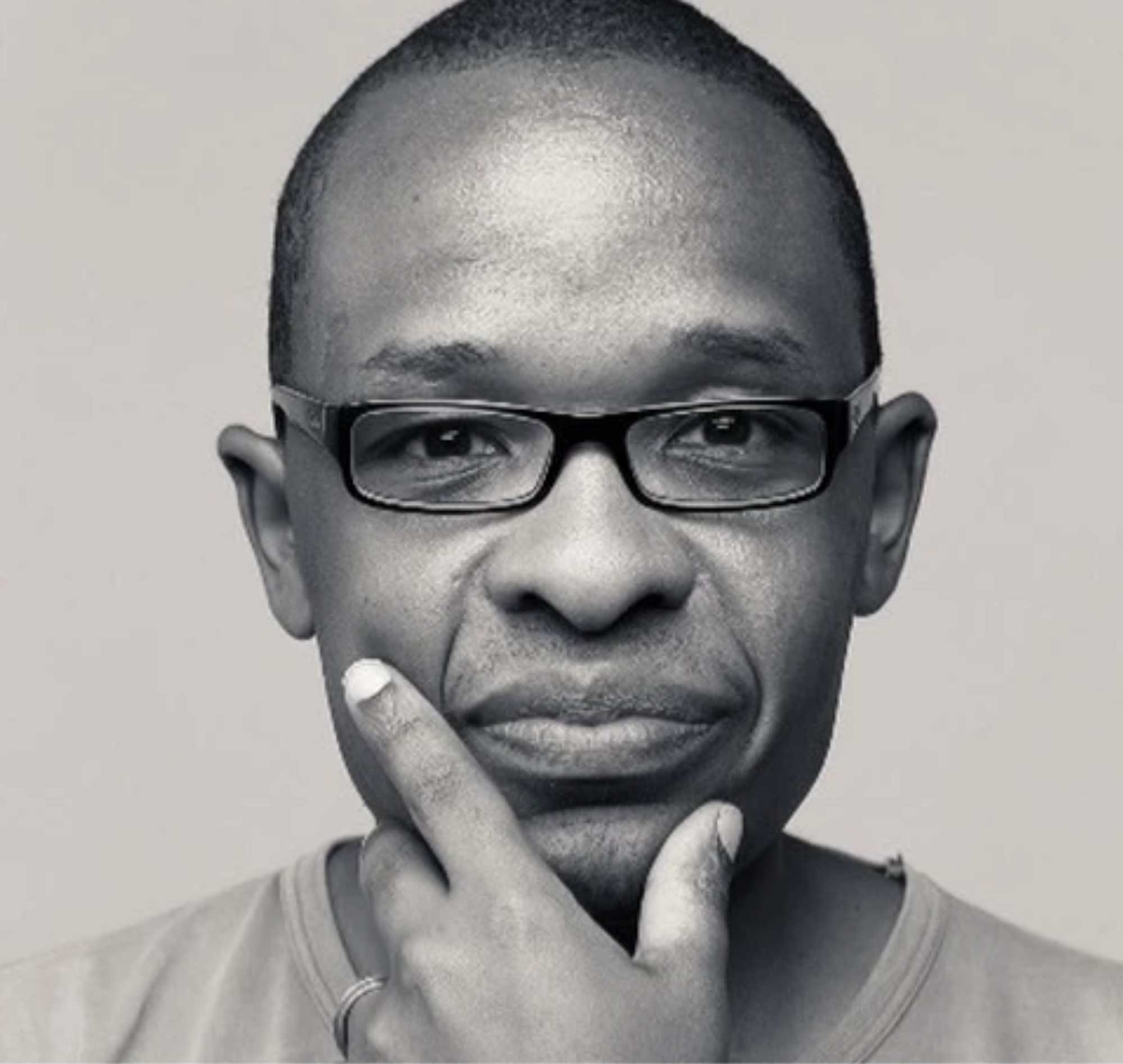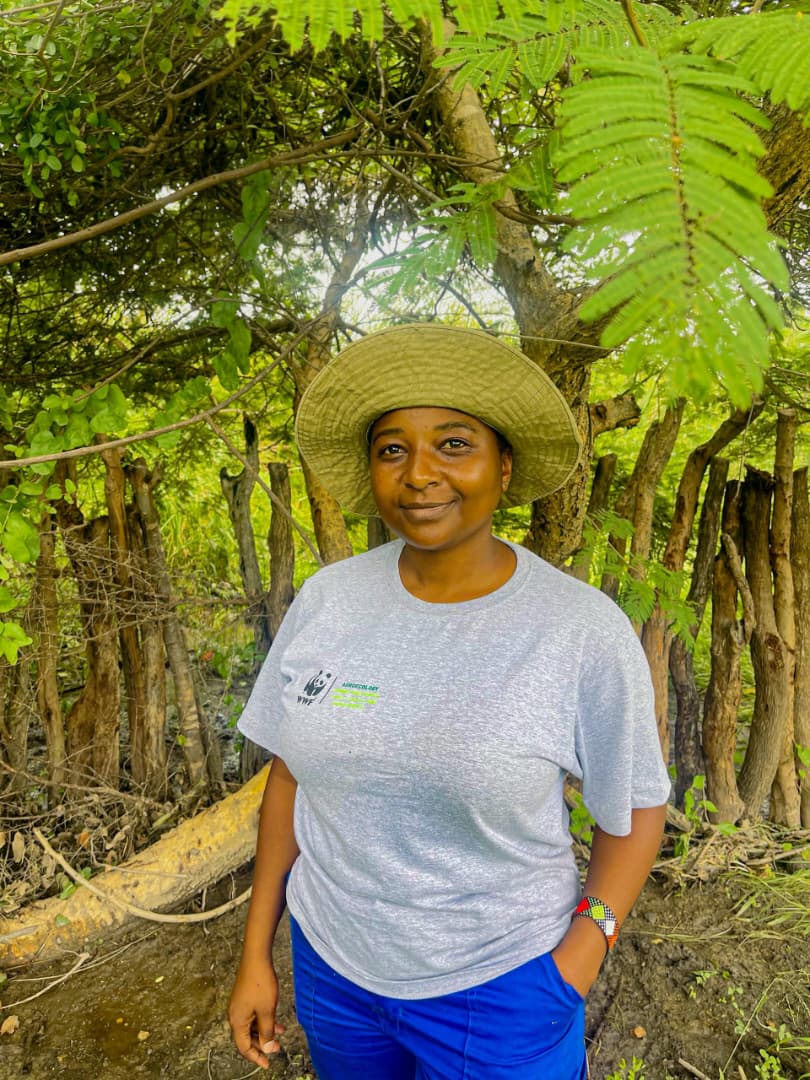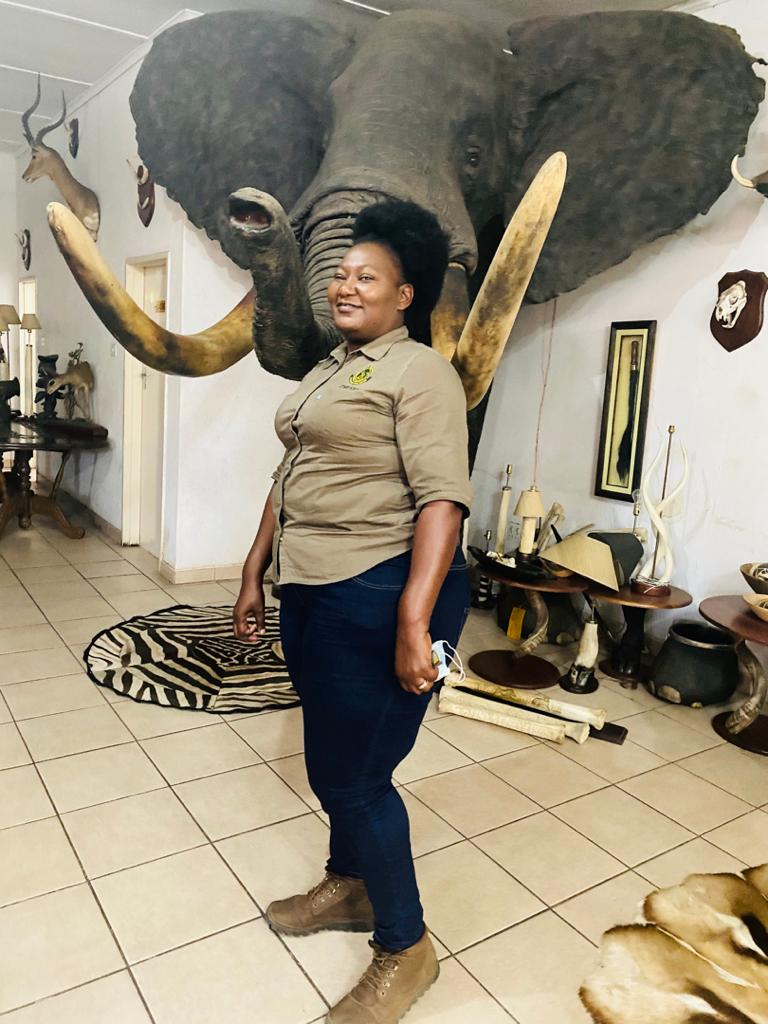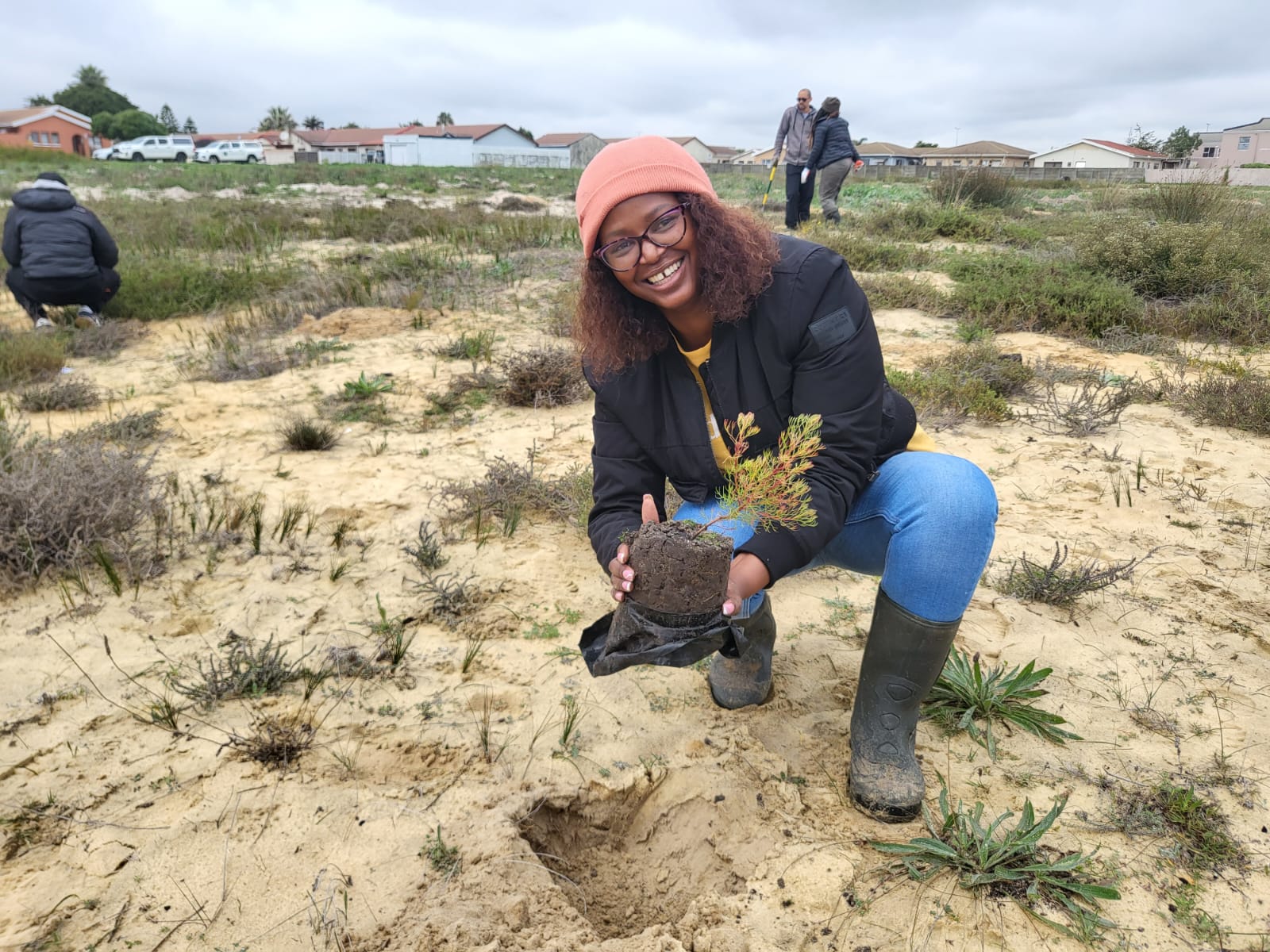The deliberate act of distributing our stories will hopefully inspire others to act differently and ultimately restore some lost hope
10 years ago, Mwangi Kirubi made the bold decision to quit his day job and focus on making his passion for photography work for him. Along the way, he discovered the power of his craft and made it his mission to alter the negatively held global perceptions about Africa. Mwangi’s body of work has told stories that have helped shift mindsets, inform audiences and break new ground in the world of photography.
The 42 -year- old father of 2 has been commissioned by various NGOs to document a multitude of development projects across Kenya including the healthcare sector, education, nature conservation and agriculture. And to celebrate the Alliance for Green Revolution in Africa’s (AGRA) 10th anniversary, Mwangi was one of the photographers selected by the Rockefeller Foundation and Arete Stories to document successes in agriculture in Burkina Faso, Mozambique, Tanzania and Kenya; the images captured were showcased in a 3 week long photo exhibition at the Nairobi National Museum.
As a member of African arts collectives One Touch, Mwangi traverses the continent, capturing images that showcase the beauty of Africa and the warmth of its people.
The photographer, known by many as Mwarv, shares his journey and outlook on life with Damaris Agweyu.

Your website’s tagline reads: ‘clicking with a purpose’, can you break that down for me?
What gives me the greatest joy about my craft is its ability to change perceptions- because the camera never lies. And while a lot of the information we consume comes from the media that thrives on covering what is mostly negative stories, there is so much more that is happening out there that many people never get to see or hear about. There are people that are doing amazing things that need to be celebrated because there are young people who need to be encouraged by hearing their stories. What I seek to do is tell these stories.
The other day I was going for a meeting at Mayfair Plaza and in the midst of the mad traffic, I noticed a beautiful sunset. Instead of focusing on the traffic and angry people, I took a photo of the sunset as a backdrop to the traffic and captioned it: have you ever been in something so bad that looked so beautiful? My point is, there is always beauty around us and my goal is to look for it and capture it.
It’s especially important to document this stuff because being a very oral society, so many of our stories have been lost. If you take the example of the Egyptians, they were the first people to start writing with their hieroglyphics but they never passed their knowledge to the rest of the continent. In the past, it was just a matter of, ‘I’ve told somebody’ which really limits how far a story can go.
And then the truth would get distorted along the way.
Yes. Memory comes in so you can’t remember if it was left or right.
In November of 2015, I was in Mandera doing some work for an NGO; the network there was very patchy but I managed to get access to Twitter. What I saw was crazy. It looked like Nairobi was on fire! Because the president had decided to go to the airport in the morning to catch a flight and Mombasa Road had been shut down, everyone was up in arms. Meanwhile in Mandera, for the first time since independence, the locals were enjoying tarmacked roads. So I wondered, in the national agenda, what is more important, the fact that a road had been shut down for a few minutes or the fact that there are 120,000 people or so who were seeing tarmac in their town for the very first time? It was about gaining perspective on what is happening in terms of roads in the country.
The Mandera story was a big deal but no one was talking about it. We find potholes outside our homes and become so vexed, go on twitter and start attacking the government. Yes, they do need to fix the roads, but we also need to celebrate the progress that has touched people on a very personal level. The Mandera case was more than just the tarmac, the fact that all those airborne diseases resulting from dust would be no more, the fact that people’s produce would get to the market faster, the fact that farmers could get better prices because their fresh produce which would get to the market faster... It’s about finding things to celebrate about our country, rather than constantly focusing on what is going wrong.
Why do you think we dwell so much on the negative?
I think we are just conditioned that way. It’s what we’ve grown up reading in the papers, watching on the news and being told. A man becomes what he consumes and if the newspapers have been doing this for the past 100 years, we believe it must be a formula that works so we repeat the same.
And now social media, especially Twitter, has become an arena for venting. When the Dusit hotel attack happened, amidst all the anger, I put out a tweet that read: Now that the whole world is Googling about Nairobi, why don’t we take this opportunity to share something that we like about Nairobi? I got bombarded with so much negativity that I had to take a break from twitter.
I wasn’t trying to minimize what was happening; I was just trying to create some good in a bad situation. The tweet was all over social media and, for good measure, someone took a screenshot. It spread to WhatsApp groups all over the country. There’s a lady who lives in my estate who told me she’d seen the screenshot on her Kimende group. Kimende is a town somewhere past Limuru! I’m telling you that thing got a life of its own. On the same night, people reigned in on New York Times like it was responsible for the attack. Anyway, I apologized later when I finally got back to twitter. Until that moment, I hadn’t experienced the wrath of angry Kenyans.
Do you regret sharing the tweet?
No. In fact, I said I would not delete it. My intentions were very pure and I still stand by my message.
Which is finding the beauty even in the seemingly negative?
Yes.

"Have you ever been in something so bad that looked so beautiful?" Mwangi Kirubi
Where does your journey into the world of photography begin?
When I was in primary school, I dabbled a lot in art and design and by the time I was joining high school, I took part in a lot of stage performances. Art wasn’t taught in my high school but I would draw cartoons for the school publication. I was also a member of the press club which I joined mostly because I got to go on free trips. I was in school in Nyeri so coming to Nairobi was always a big deal- all I needed to do was show up and write about the trip.
I later joined Buru Buru Institute of Fine Arts, trained as a graphic designer, graduated and started looking for a job. I remember walking from one Ad Agency to another and dropping my CV at every reception. I covered all the big names- Y & R, McCann, Scanad, Access Leo...For a long time, no one called me back or rather called my mum’s office because that was the number I’d left behind. At some point, O&M asked me to go for an interview. They didn’t have an opening for a graphic designer but were looking for a copywriter, might I be interested? I said I’d never done it before but would try. I passed the copy test and started working as a copywriter. In 2003, I left O&M and joined Kiss FM as a writer. I did that up to April 2006. I had a desire to work in film so just before leaving, I bought a semi-pro digital camera and took on some gigs that were paying me the odd five thousand bob here and there. Later that year, I got a brief from a former colleague at KissFM. He told me that Equity Bank looking for an agency and asked if I was interested in putting together a team.
No problem, I said. I got 2 other guys, Fady Rostom and Angelo Kinyua on board. The bank already had an agency but was not happy about the fact that it was trying to change who they were and what they stood for. In our pitch we said, it’s OK to cater to the lower-income earners who are proud of where they’ve come from and where they’re going. We won the pitch and ARK agency was born. We got more clients both locally and internationally and were the ones who came up with the name Zuku and all their communication. It was a great run. In 2009, the photography bug really hit me and I felt I couldn't keep doing advertising while my passion was in photography. I stepped aside from ARK to concentrate on photography and that’s what I’ve been doing since. Now I consult in advertising at ARK but photography is my full-time job.
You started at a time when photographers were not viewed as serious professionals.
I did. So, of course, the challenges were many. First of all, I’d used up my life's savings to buy a camera; it cost me something like 120 thousand bob. It was a time when, if you were to be considered any kind of serious photographer, you needed to be working with one of the big media companies. But I wasn’t interested in working for media companies; my passion for the arts drew me to stage performances and concerts. There was really no one to mentor me so I was learning on the go. There were no YouTube tutorials, in fact, YouTube had just been created and hadn’t got its footing, plus the internet was costly- I made lots of mistakes.
I remember covering my first concert and the pictures were terrible because I didn’t know anything about camera settings. From the hundreds of photos I took, I got about one or two decent ones and this was after the manager had given me free entrance. It was a steep learning curve but with time, I learned how to use the camera and improved my craft. I used to be the only photographer at these events. I never used to pay entrance and received VIP treatment… it became something I looked forward to. I would upload the images on Flickr. Facebook was there, but it did not allow the posting of photos, there was no Twitter or Instagram. After I got married and family responsibilities took over, my attendance for events slowed down. So now I work mostly with NGOs and corporates, documenting projects they are undertaking in different parts of the region.
What aspect of photography fascinates you most, our people or landscapes?
Both. There are amazing people whose stories I am curious about and like to tell. I’m curious about the lady who’s been selling Chapo- madondo (chapatis and beans) for years on end. Those meals go for like 30 bob but through her trade, she has been able to educate her family through to university level. She’s been waking up early to go to the market, buy produce, come back home, cook and by 5.30 am, when people are going to work, she has the food ready. Despite the fact that newspaper headlines are telling her things like your money is being stolen and look at how this country is burning, she just shows up and gets the job done. The negativity around her will not deter her. What kind of determination and resilience is that?
I’m curious about the mkototeni (pull cart) guy who loads his cart with sacks of potatoes and vegetables and delivers to his clients all the way from Wakulima to South C every single day.
I am curious about the matatu driver and why he drives the way he does. Is it because of a culture he found? Can he decide to be and do things differently?
As a business owner, what motivates you to keep doing business in Kenya despite the bleak picture being painted? As a multinational why are you not giving up on the country and moving somewhere where at least there is a sense of security for your business? This is what fascinates me about people.
In terms of landscapes, Kenya, north of the equator is the most beautiful part of this country- this is past Nanyuki, past Isiolo, towards Marsabit. Many more Kenyans need to tour up – I mean a beach is a beach, whether in Malindi or Mombasa but we really need to see the unexplored parts of this country.
Last year, I travelled to a town called North Horr and found the Catholic Church has put up a swimming pool next to a natural spring. They are using spring water to feed a pool in the middle of the desert. Can you imagine, how beautiful those swims are? It’s like you swimming in Keringet water. They charge 300 bob per person and that is how they supplement income to fund their initiatives in education, agriculture and healthcare. Those are some of the stories I would like to get more Kenyans aware of.

"Beauty is all around us", Mwangi Kirubi
Is there money to be made in photography?
There is. Is it enough? Is more the question. There is actually more work than photographers in Kenya can handle. The people for who it may not work are the ones that sit back and wait for the clients to come- that means you are waiting for somebody who knows the power of photography to call you- there are many more people who don’t understand the power of photography than those who do.
There is money and there is still more money that is not yet being made in photography. There’s enough to make a living. It would be nice to have more Kenyans print out and hang photos in homes and offices and not just have them on Social Media. The pictures that are sold along our roadsides are of Big Ben, The Eiffel Tower and the New York skyline, this is quite a shame but then again, where do you get the local pictures? As photographers, we haven’t made our work available so we need to; we need the cost of printing our work to go down so more people can afford it.
Do you ever get overwhelmed with work?
Yes, and if a client calls me to take up a job and I’m not available I’ll find a good person and tell the client, "this guy is better at doing what you want done than I am". And when I refer other photographers to jobs, I don’t ask them to give me a cut, no that’s your work, go ahead and do it and get the full reward for it.
What challenges do you face as an entrepreneur?
Getting the money. As much as there’s money in photography, the challenge is in making sure it comes. I have also struggled with not having someone who’s gone before me that I can call up and say, "when you were faced with this kind of situation, what did you do?" From this challenge, I have learned to share a lot with other photographers who are entering this space. I’m a big believer in going empty to the grave where I’ve given everything of myself and there’s nothing I’ve held back. There is no need for the graveyard to be full of people who died with all their knowledge; it will only make for rich manure (laughs).
What advice would you give to young entrepreneurs who might be facing their own challenges right now?
It takes time, many people want instant success and gratification but it takes time. I’ve been doing this for 10 years and I’m still not yet there- there are still so many more stories to be told and I intend to tell them. But this requires a lot of patience and shutting my ears to the naysayers. If you believe in your heart that what you are doing is the right thing for you, even if everyone is telling you otherwise, just go ahead and do it- you’d rather do it and fail than have that thing at the back of your mind asking what if.
What are your greatest achievements?
Having played a role in helping shape new perceptions about our country and continent is a great achievement for me. When I upload a photo and get comments like: I never knew Kenya was so beautiful or ‘you’ve made me fall in love with Nairobi again, then I feel like I am on the right track.

The Nairobi Ivory Burn in 2016- Photo by Mwangi Kirubi
What would you say is the best decision you ever made?
Quitting my job. It was a leap of faith because there was no guarantee that what I wanted to do was going to succeed, but now in retrospect, I’m so glad I made that decision. Another good decision was driving down to Cape Town with 3 of my friends for the World Cup.
That’s a long way away to drive?
It’s just a 9 - day drive (laughs).
This is a story we have to hear.
We had a projected budget of 1 million bob. We started off as a group of 5 so everybody was required to contribute 200,000 for the trip. We sent out proposals for sponsorship and got support from Subaru Kenya who serviced our car, Brandcom who branded our vehicle and Bonk who gave us t-shirts. We got some of our relatives to chip in financially. Before we left, we didn’t have all the money and one guy dropped out on the last day so budget went up to 250,000 per person. We’d been praying about the trip so with a lot of faith and optimism, we pointed the car towards Namanga and took off.
We made it to Cape Town and back! When we worked out the total amount we had spent, it came to 300,000 that is 75,000 per person and we’d been on the road for 26 days! I didn’t know how big of a thing we’d done until I got back home, fell on my couch and was like, "what the heck have I just done?" We’d driven 13,000 kilometres, halfway across Africa, 26 days on the road and had made it back without having experienced a single issue with the car, security, or our health- nothing!
I always use that experience as my parting of the red sea moment. I believe God came through for me in a big way and from that point on, I’ve always believed I can do anything that I set my mind to. What I learned from this experience is the fact that if you have a plan or a goal that is pure, just go ahead and do it. You may not have the resources but if you have faith, somehow things will work out. If we had hesitated because of lack of funds, we would never have taken that trip. But we knew the trip had to happen so we just went ahead with it.
Why did you have to do the trip and in that manner?
Personally, I wanted to see Africa for myself. We get all these stories about war, famine, hunger, civil unrest flooding the media but I told myself, if there are people who are actually living in those countries, then there must be some good that is happening there. I remember people asking us, what we were going to do for security but we were like, "why is that an issue? Yes, we might be in a foreign country but as long as we don’t get on the wrong side of the law we’ll be fine". And we were.
Did watching the world cup live for the first time in Africa have anything to do with it?
By the way, I’m not a big football fan. I don’t have a team I support and even during that world cup I didn’t have a team…apart from Ghana who I think every African was supporting. The sad thing is on the day we arrived, Ghana lost. The stars did not shine bright on that day.
No, they did not…so you documented your entire trip?
Yes. We recorded the experience and shared it online. Early this year, I sold the car that we drove in and wrote a thread on twitter about the life of Sylvester- the car was called Sylvester because it was a silver Forester and because…well you know how we kyuks are with creating our own words (laughs). Anyway, the thread generated great conversations. I got a message from someone in Zambia who said he’d watched the videos, was so inspired and is looking to drive to Nairobi. I told him, "sure, let’s meet up when you get here".
What is your definition of success?
Finding and doing what you were born to do. Somewhere down the road from my office, there’s a guy who shows up every day to sell spare parts for cars- if that is what he loves to do then he’s successful. Meanwhile, if you go up several floors in this building, there is a guy who owns a fleet of flashy Mercedes and Audis because of what he does- if that doesn’t make him happy, then he’s not successful.

"Matatus are helping to spice up Mombasa's beauty", Mwangi Kirubi
What advice would you include in a letter to your 16-year old self?
Don’t be too serious. I started being serious a bit too early in life. I think I should have had more fun growing up, sucked more bone marrow, gone out more, danced more and thrown a bit more caution to the wind.
What is your day to day mantra?
Work at everything with all your heart, as if God is your client. There is a verse in the bible that says God loves a cheerful giver. I have come to understand the meaning of that verse to be: when God talks about giving, many people attribute it to financial giving but I think it also means whatever you give your time you need to be cheerful about it. So if you are doing work that you are not happy about, if you are in a situation or on a journey that you’re not happy about then I don’t think that is pleasing to your Creator. So I seek to be cheerful in everything I do. There are some things you just need to do and get it over and done with but mostly I’m cheerful about things I do and work as if my Creator is my client.
For more wisdom and insights from Mwangi Kirubi, get your copy of Different Paths, One Journey HERE.





